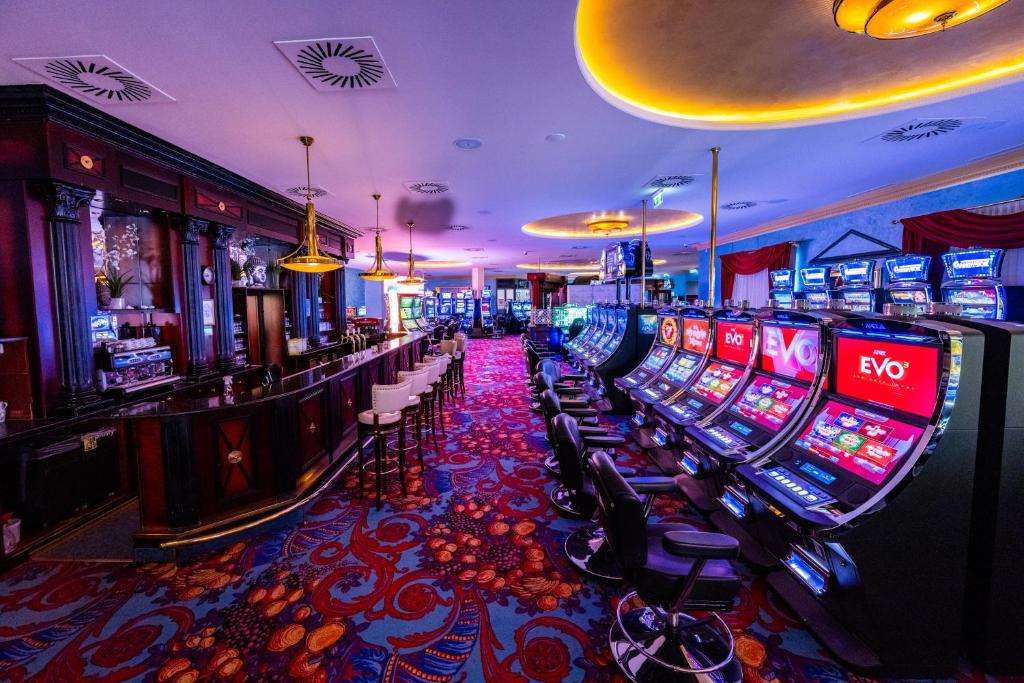India’s heritage cities, steeped in history and cultural significance, are not just repositories of the past but dynamic hubs where tradition meets modernity. Doing business in these cities offers a unique blend of challenges and opportunities, as entrepreneurs navigate the intricate tapestry of tradition, trade, and timeless charm. In this article, we explore the nuances of conducting business in India’s heritage cities, where the past and present coalesce to create a distinctive business environment.
Jaipur: The Pink City’s Business Palette
Jaipur, with its regal architecture and vibrant markets, is a thriving center for trade and tradition. Famous for its traditional crafts, including handcrafted textiles, gemstone jewelry, and block-printed fabrics, Jaipur is a haven for entrepreneurs in the creative and artisanal sectors. The bustling markets of Johari Bazaar and the city’s proximity to gemstone mines make it a hub for jewelry and gemstone businesses. The challenge lies in balancing the preservation of traditional crafts with the demands of a modern market.
Varanasi: Business Along the Sacred Ganges
Varanasi, one of the world’s oldest cities, is a spiritual and cultural epicenter on the banks of the Ganges. Entrepreneurs in Varanasi often find opportunities in sectors related to tourism, religious artifacts, and handwoven textiles. The city’s silk weaving industry is renowned, with Banarasi sarees being a symbol of elegance and tradition. Doing business in Varanasi involves understanding the importance of cultural sensitivity, as the city is deeply rooted in religious and spiritual practices.
Udaipur: The City of Lakes and Craftsmanship
Udaipur, with its picturesque lakes and palaces, is a jewel in Rajasthan’s crown. The city’s charm attracts businesses related to luxury tourism, hospitality, and traditional Rajasthani crafts. Entrepreneurs in Udaipur often engage in businesses such as handcrafted furniture, miniature paintings, and hospitality services. The challenge lies in striking a balance between catering to a luxury-seeking clientele and preserving the city’s heritage and cultural integrity.
Mysuru: The Cultural Capital of Karnataka
Mysuru, with its grand palaces and the famous Mysore Dasara festival, is a city deeply rooted in South Indian heritage. Entrepreneurs in Mysuru often find opportunities in the tourism and hospitality sectors, with a focus on showcasing the city’s rich cultural legacy. Traditional crafts such as Mysore silk and sandalwood carving contribute to the local economy. Doing business in Mysuru involves aligning with the city’s cultural ethos while adapting to modern business practices.
Kolkata: A Melting Pot of Culture and Commerce
Kolkata, with its colonial history and cultural vibrancy, is a dynamic business hub. Entrepreneurs in Kolkata engage in diverse sectors, from traditional jute industries to modern IT and finance. The city’s literary and artistic heritage also fosters businesses related to publishing, art, and cultural events. Kolkata’s challenge lies in maintaining the delicate balance between preserving its cultural heritage and embracing the dynamics of a modern, cosmopolitan city.
Ahmedabad: A Business Tapestry of Textiles and Traditions
Ahmedabad, known for its textile industry and rich architectural heritage, offers a unique canvas for entrepreneurs. The city’s old quarter, with its pols (traditional neighborhoods), is a UNESCO World Heritage site. Entrepreneurs in Ahmedabad often find opportunities in the textile and garment sector, with a focus on traditional handloom and handicrafts. The challenge lies in preserving the architectural heritage while driving innovation in the textile and apparel industry.
Pondicherry: A French Connection to Business
Pondicherry, with its French colonial influence, is a coastal city where tradition blends seamlessly with a laid-back cosmopolitan lifestyle. Entrepreneurs in Pondicherry often engage in businesses related to tourism, hospitality, and the creative arts. The city’s unique charm attracts businesses that cater to an international and diverse clientele. The challenge lies in maintaining the city’s distinct cultural identity while embracing global business practices.
INDIAN VISA FOR INDONESIAN CITIZENS
Lucknow: A Tapestry of Nawabi Elegance
Lucknow, with its Nawabi heritage and culinary richness, offers a distinctive business environment. Entrepreneurs in Lucknow often find opportunities in traditional crafts such as Chikankari embroidery and businesses related to the city’s renowned cuisine. The city’s elegance and royal charm attract businesses in the hospitality and luxury sectors. Doing business in Lucknow involves preserving the city’s cultural elegance while adapting to contemporary market trends.
Conclusion
Doing business in India’s heritage cities is a nuanced journey that requires entrepreneurs to weave through the threads of tradition, trade, and cultural legacy. Each city presents a unique tapestry of opportunities and challenges, where the preservation of cultural heritage goes hand in hand with the demands of a dynamic business landscape. As entrepreneurs navigate these historic cities, they contribute to the living legacy of India’s rich cultural heritage, ensuring that tradition and commerce coexist in harmony, creating a vibrant and sustainable business environment.
Read more: The Spice Route: A Culinary Expedition through Southern India






